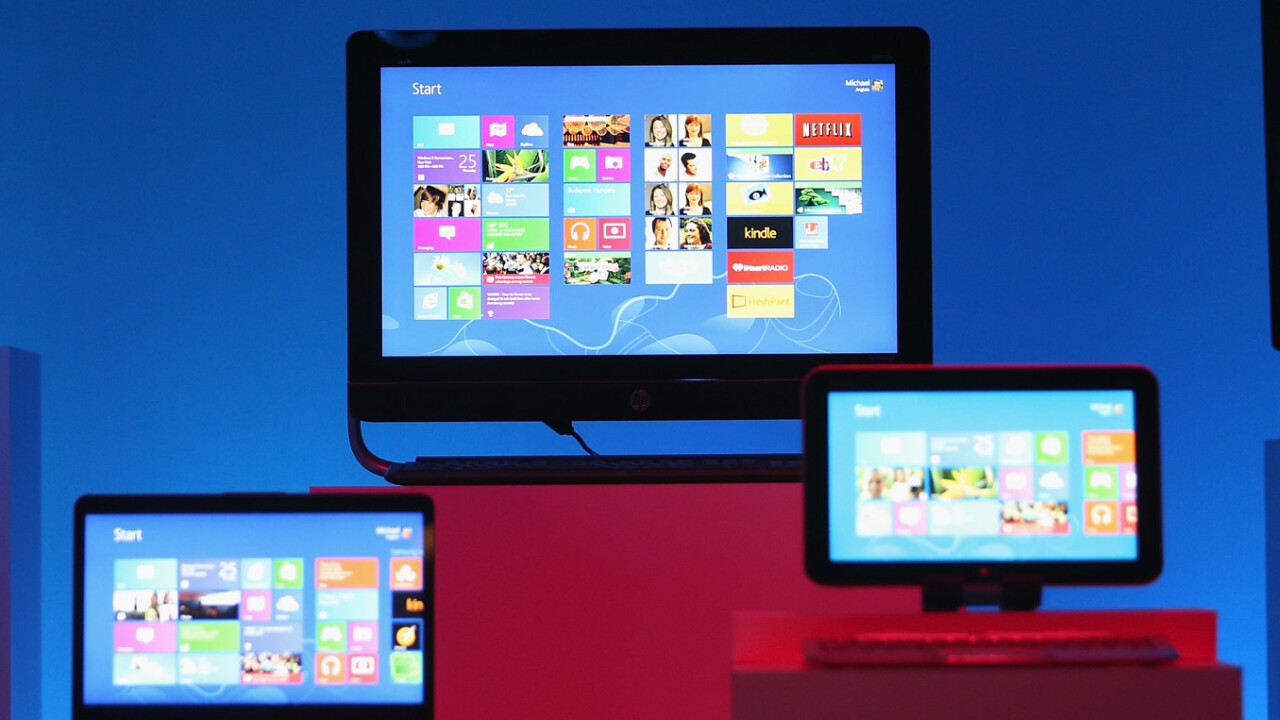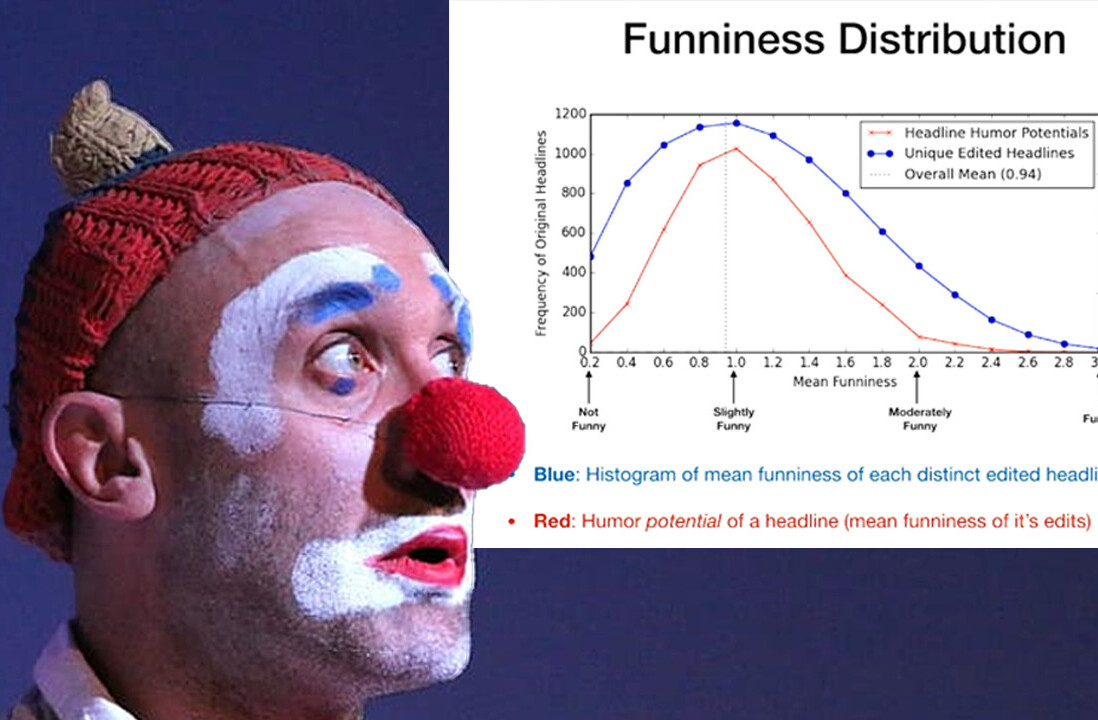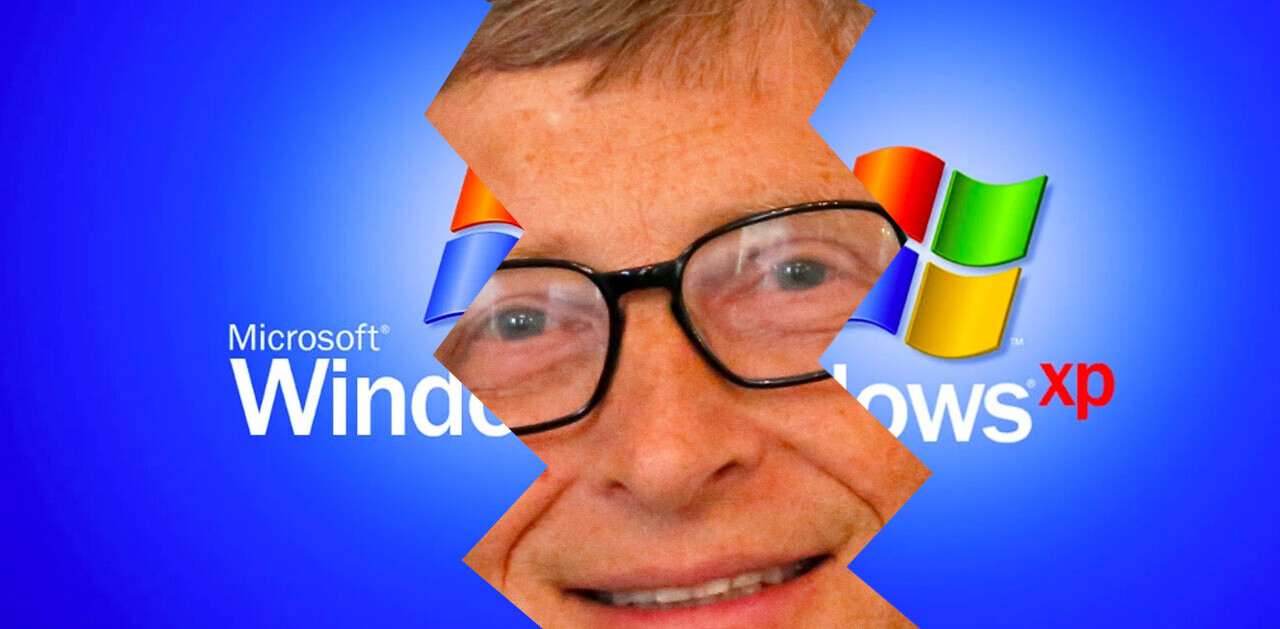
While consumers are certainly still buying Windows 8, the latest and greatest operating system from Microsoft is not getting the same amount of love as Windows 7 did. That seems to be the general consensus, but now there’s data straight from the horse’s mouth to back that claim: at 15 months, Windows 8 sold 100 million fewer licenses than Windows 7 did, according to Microsoft’s own sales figures.
Microsoft today revealed that Windows 8 has passed the 200 million mark. The two operating systems grew at the same rate for their respective first six months, but then at some point things slowed down for Windows 7’s successor:
We can’t say when exactly the slowdown occurred because Microsoft didn’t share any new Windows 8 sales numbers between 100 million (six months) and 200 million (15 months). We can, however, point out that 2013 saw the worst yearly decline in PC shipments ever, so it shouldn’t be too surprising that Microsoft wasn’t eager to update anyone at 12 months. What we do know is broken down below.
Windows 7 launched on October 22, 2009. In October 2010, Microsoft revealed that it had sold over 240 million Windows 7 licenses in the operating system’s first year, and in January 2011 that number grew to 300 million at the 15-month mark.
Windows 8 launched on October 26, 2012. In February 2014, Microsoft revealed that it had sold over 200 million Windows 8 licenses in the operating system’s 15 months. No matter how you slice it, that’s not good news for the company.
What’s next? Microsoft is going to continue pushing updates for Windows 8 in the coming months (Windows 8.1 is already out and Windows 8.1 Update 1 is on its way), up until it’s ready to release Windows 9. The company is expected to talk about both at its Build conference between April 2 and 4 in San Francisco.
See also – Windows 8.1 now up to 3.95% market share as it passes Vista, Windows 8 falls to 6.63% and Windows 8 and Windows 8.1 pass 20% adoption on Steam
Top Image Credit: Mario Tama / Getty Images
Get the TNW newsletter
Get the most important tech news in your inbox each week.





